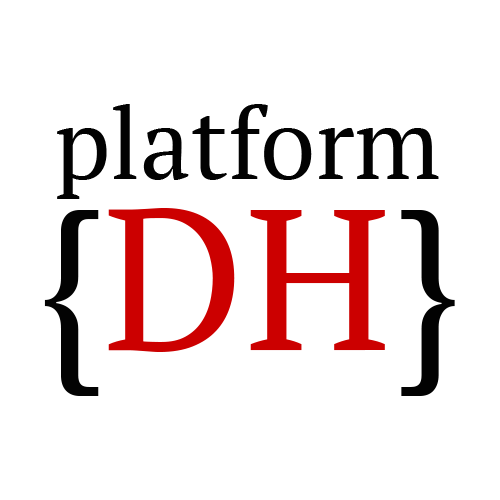Open Social Scholarship and the Scholarly Edition
This talk considers the nature of editorial methodological experimentation, in particular exploring the scholarly edition in the context of open social scholarship. Open social scholarship involves creating and disseminating research and research technologies to a broad audience of specialists and active non-specialists in ways that are accessible and significant. As a concept, it has grown from roots in open access and open scholarship movements, the digital humanities’ methodological commons and community of practice, contemporary online practices, and public facing “citizen scholarship” to include i) developing, sharing, and implementing research in ways that consider the needs and interests of both academic specialists and communities beyond academia; ii) providing opportunities to co-create, interact with, and experience openly-available cultural data; iii) exploring, developing, and making public tools and technologies under open licenses to promote wide access, education, use, and repurposing; and iv) enabling productive dialogue between academics and non-academics. Our example will be the social edition of the Devonshire MS (BL Add MS 17492), the first sustained example of men and women writing together in the English literary tradition, by a research team using crowd-sourcing technologies and operating in conjunction with an advisory group representing key methodological and area expertise.










